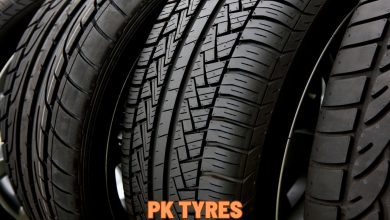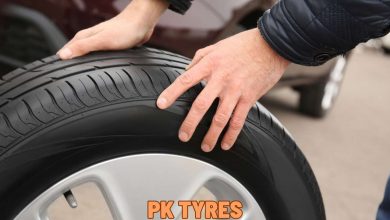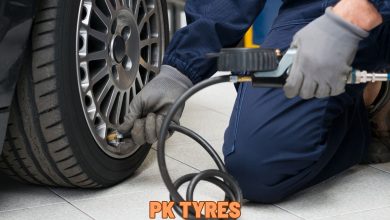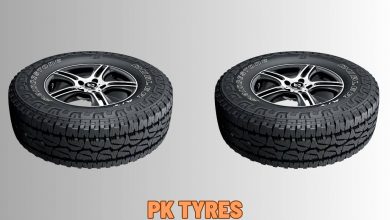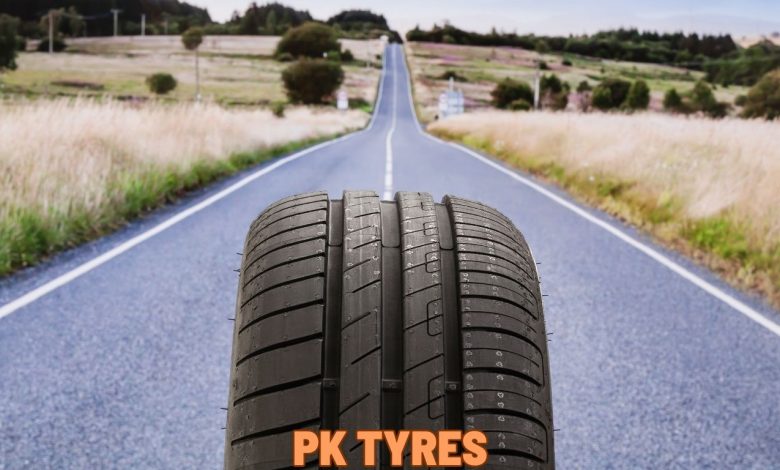
Do you replace your tyres often? They’re important for road safety. Not only that but replacing them can be a costly and time-consuming process. There are ways to make your tyres last longer and replace them less often. In this article, we will explore some practical tips on how to maximize the lifespan of your tyres.
The Importance of Maintaining Your Tyres
Tyres are the only part of your vehicle that makes contact with the road. Therefore, it’s crucial to maintain them properly to ensure your safety on the road. Proper tyre maintenance can also help you save money in the long run. Poorly maintained tyres wear out faster and need to be replaced more often. Underinflated tyres decrease fuel efficiency. This means spending more money on gas.
Factors Affecting Tyre Lifespan
- Several factors affect the lifespan of your tyres. Here are some of the most common ones: .
- Tyres with low air pressure wear out faster than those with the right amount of air.
- Overinflation: Overinflated tyres can lead to uneven wear and decreased traction.
- Overloading: Putting too much weight on your tyres can cause them to wear out faster.
- Poor alignment: Misaligned tyres can cause uneven wear, leading to premature replacements.
- Your driving style can affect your tyres’ lifespan. Aggressive driving, sudden stops, and hard cornering cause faster wear and tear.
- Extreme temperatures, rain, and snow can impact your tyres’ lifespan and efficiency. Weather conditions play a significant role in this.
- Driving on rough or uneven roads can make your tyres wear out faster. This is because the conditions of the road affect the wear and tear of the tyres.
- How to Choose the Right Tyres for Your Vehicle.
How to Prolong the Life of Your Tyres
You know why it’s important to take care of your tyres and what affects their lifespan. Here are some tips to make them last longer.
Keep Your Tyres Properly Inflated
Regularly checking your tyre pressure is an easy way to make them last longer. Underinflated tyres can wear out faster and decrease fuel efficiency. Overinflated tyres can cause uneven wear and less traction. Check your tyre pressure every month. Inflate them to the recommended pressure from the manufacturer.
Rotate Your Tyres Regularly
To rotate your tyres, you need to switch their positions. For example, you can move the front tyres to the back and vice versa. This can help ensure even wear on all four tyres, prolonging their lifespan. Experts recommend rotating your tyres every 5,000 to 8,000 miles.
Check Your Tyre Alignment
Misaligned tyres can cause uneven wear, leading to premature replacements. Your car may have a poor alignment if it pulls to one side or your steering wheel is off-center. Make sure to have your alignment checked regularly and adjusted if necessary.
Avoid Overloading Your Vehicle
Putting too much weight on your vehicle can cause your tyres to wear out faster. Make sure to check your vehicle’s maximum load capacity and avoid overloading it. To move heavy things, distribute the weight even on your vehicle or make more than one trip.
Drive Smoothly
If you drive aggressively and make sudden stops or hard turns, your tyres may wear out more quickly. Try to drive smoothly and avoid sudden movements whenever possible. You can make your tyres last longer and save fuel by doing this.
Clean Your Tyres Regularly
Keeping your tyres clean is important to prevent dirt and debris buildup. This helps to avoid faster wear and tear of the tyres. Be sure to clean your tyres often and remove any rocks, dirt, or other objects stuck in the grooves.
Store Your Tyres Properly
If you need to store your tyres for an extended period, make sure to do so properly. Store them in a cool, dry place away from direct sunlight, as heat and UV rays can cause them to degrade faster. Additionally, make sure to store them upright and not stacked on top of each other.
Replace Your Tyres at the Right Time
Even with proper maintenance, all tyres will eventually need to be replaced. Replace your tyres at 50,000 miles when they wear out. If you see any signs of wear or damage, like cracks or bumps, get new tyres right away.
Invest in High-Quality Tyres
Investing in high-quality tyres can help you save money in the long run. They cost more at first but last longer and work better. High-quality tyres last longer because they are tougher and more durable. This means you won’t have to buy new ones as frequently.
Conclusion:
It’s important for your safety and budget to make your tyres last as long as possible. Follow the tips in this article to make your tyres last longer. Keep them inflated, rotate them regularly, and drive smoothly.
FAQs:
Q1. How often should I check my tyre pressure?
You should check your tyre pressure at least once a month.
Q2. How often should I rotate my tyres?
Experts recommend rotating your tyres every 5,000 to 8,000 miles.
Q3. How do I know when it’s time to replace my tyres?
Tyres typically need to be replaced after around 50,000 miles. Additionally, if you notice any signs of wear or damage, such as cracks or bulges, it’s time to replace them.
Q4. Are high-quality tyres worth the extra cost?
Investing in good tyres can save money in the long term. They last longer and perform better.
Q5. Can driving habits affect the lifespan of my tyres?
Aggressive driving, sudden stops, and hard cornering can wear out your tyres faster. Try to drive smoothly and avoid sudden movements whenever possible.

